Walking down the street in Downtown Saint Paul, Minnesota around mid-July, Abdi Ali gripped the top of a paper bag holding his Chipotle takeout on his way home. Despite his tight grasp, the paper bag was no match for what came next when someone on the street ripped his meal out from under him and jumped on a train, leaving Abdi with only the top half of the bag that once held his dinner. What, at the time, may have seemed like an insignificant event ultimately spurred a viral movement and thousands of dollars in donations to help feed communities in need.
Abdi, a student at Minnesota State University, Mankato and writer for schoolz.com, an online tool for teachers to help promote diversity and inclusivity in educational programs, tweeted a photo of his torn bag, joking to his Twitter followers about the loss of his meal. It wasn’t long before the tweet went viral—people from all over the country replied, many sending quips and posting memes about the stolen bottom half of his meal and the meager bit of the bag remaining in his grasp. Some even criticized him for the way he held it, which prompted his next tweet a couple days later in which he jokingly cradled a Chipotle bag like a football.


Amid the stream of jokes in response to Abdi’s first tweet were sympathetic offers to send him money to replace his meal. Though flattered by their generosity, he knew he was able to walk back to the restaurant to replace it himself, so he encouraged these people in his replies to donate the money to food banks instead. Like dominos, one donation led to another until Abdi’s Twitter was flooded with screenshots of people’s donations to food banks across the country, ultimately totaling over $800. Given the media buzz his tweets had generated, Chipotle caught wind of Abdi’s torn-bag story and sent him a tear-proof lunch bag, offered his next five meals free, and replied to his tweet.


Inspired by the chain of donations on Twitter, Abdi decided to take this opportunity to encourage Chipotle to give back as well. “The first thing I always think about whenever a corporation interacts with my tweets is trying to get them to do something good,” he expressed, a sentiment reflective of his compassionate nature. Though never expecting anything to come of it, Abdi tweeted back at Chipotle, playfully challenging the company to match the Twitter donations to food banks. “So many people who aren’t a billion-dollar corporation were donating hundreds and hundreds of dollars, so I figured Chipotle could give some, too,” he said. He was shocked to see that, soon after, Chipotle had replied to him, mysteriously promising to “be in touch.”

An incredible partner of The Farmlink Project since November of 2020, Chipotle accepted Abdi’s challenge and knew exactly how to make a huge impact in doing so. The company tweeted again a few days later, announcing a $5,000 donation to The Farmlink Project in Abdi’s name, allowing us to provide 75,000 pounds of produce to people in need. We asked Abdi if he wanted us to send this produce to any communities in particular, and he replied asking about the Twin Cities area in Minnesota.


Our Placement Team went to work to find a food bank in his community that could take the food, and ultimately connected it to Loaves and Fishes in Minneapolis. Abdi was thrilled that we were able to get these vegetables to Minneapolis, telling us, “I’m really glad you guys are choosing to do it somewhere in the Twin Cities area because I’d love to see that really affect my community here.”

Abdi had never expected that one of his tweets could make such an incredible difference on this level, saying that it “blew [his] mind” to learn how far $5,000 could go to feed families in need. While he hadn’t foreseen the outpouring of support and generosity from strangers on Twitter or the tremendous donation from Chipotle, he had tried from the start to make sure something good came out of the experience. “For a lot of the tweets that go viral from me and my friends, we use it as an opportunity to do something with the small followings that we have. I feel like there’s no other reason to have social media unless you’re making people happy or trying to do something for others.” His kind heart and wholesome outlook shows not only in his desire to do good and help others, but also in his attitude toward the incident that started it all. He recalled one reply to his original tweet about the torn paper bag in which someone acknowledged that the person who took his meal was probably in a hard situation where they would need to steal a bag of food. “I 100% agreed,” he said, “and that’s why I just laughed it off when it happened instead of getting upset. I really hope that that person enjoyed the food and can be in a better place in their life.” Humbled by and in awe of his compassion, we are so grateful for Abdi and all the good that his infectious kindness and generosity has inspired.
< Back
Walking down the street in Downtown Saint Paul, Minnesota around mid-July, Abdi Ali gripped the top of a paper bag holding his Chipotle takeout on his way home. Despite his tight grasp, the paper bag was no match for what came next when someone on the street ripped his meal out from under him and jumped on a train, leaving Abdi with only the top half of the bag that once held his dinner. What, at the time, may have seemed like an insignificant event ultimately spurred a viral movement and thousands of dollars in donations to help feed communities in need.
Abdi, a student at Minnesota State University, Mankato and writer for schoolz.com, an online tool for teachers to help promote diversity and inclusivity in educational programs, tweeted a photo of his torn bag, joking to his Twitter followers about the loss of his meal. It wasn’t long before the tweet went viral—people from all over the country replied, many sending quips and posting memes about the stolen bottom half of his meal and the meager bit of the bag remaining in his grasp. Some even criticized him for the way he held it, which prompted his next tweet a couple days later in which he jokingly cradled a Chipotle bag like a football.


Amid the stream of jokes in response to Abdi’s first tweet were sympathetic offers to send him money to replace his meal. Though flattered by their generosity, he knew he was able to walk back to the restaurant to replace it himself, so he encouraged these people in his replies to donate the money to food banks instead. Like dominos, one donation led to another until Abdi’s Twitter was flooded with screenshots of people’s donations to food banks across the country, ultimately totaling over $800. Given the media buzz his tweets had generated, Chipotle caught wind of Abdi’s torn-bag story and sent him a tear-proof lunch bag, offered his next five meals free, and replied to his tweet.


Inspired by the chain of donations on Twitter, Abdi decided to take this opportunity to encourage Chipotle to give back as well. “The first thing I always think about whenever a corporation interacts with my tweets is trying to get them to do something good,” he expressed, a sentiment reflective of his compassionate nature. Though never expecting anything to come of it, Abdi tweeted back at Chipotle, playfully challenging the company to match the Twitter donations to food banks. “So many people who aren’t a billion-dollar corporation were donating hundreds and hundreds of dollars, so I figured Chipotle could give some, too,” he said. He was shocked to see that, soon after, Chipotle had replied to him, mysteriously promising to “be in touch.”

An incredible partner of The Farmlink Project since November of 2020, Chipotle accepted Abdi’s challenge and knew exactly how to make a huge impact in doing so. The company tweeted again a few days later, announcing a $5,000 donation to The Farmlink Project in Abdi’s name, allowing us to provide 75,000 pounds of produce to people in need. We asked Abdi if he wanted us to send this produce to any communities in particular, and he replied asking about the Twin Cities area in Minnesota.


Our Placement Team went to work to find a food bank in his community that could take the food, and ultimately connected it to Loaves and Fishes in Minneapolis. Abdi was thrilled that we were able to get these vegetables to Minneapolis, telling us, “I’m really glad you guys are choosing to do it somewhere in the Twin Cities area because I’d love to see that really affect my community here.”

Abdi had never expected that one of his tweets could make such an incredible difference on this level, saying that it “blew [his] mind” to learn how far $5,000 could go to feed families in need. While he hadn’t foreseen the outpouring of support and generosity from strangers on Twitter or the tremendous donation from Chipotle, he had tried from the start to make sure something good came out of the experience. “For a lot of the tweets that go viral from me and my friends, we use it as an opportunity to do something with the small followings that we have. I feel like there’s no other reason to have social media unless you’re making people happy or trying to do something for others.” His kind heart and wholesome outlook shows not only in his desire to do good and help others, but also in his attitude toward the incident that started it all. He recalled one reply to his original tweet about the torn paper bag in which someone acknowledged that the person who took his meal was probably in a hard situation where they would need to steal a bag of food. “I 100% agreed,” he said, “and that’s why I just laughed it off when it happened instead of getting upset. I really hope that that person enjoyed the food and can be in a better place in their life.” Humbled by and in awe of his compassion, we are so grateful for Abdi and all the good that his infectious kindness and generosity has inspired.
Abdi Ali
How One Meal Turned into Over 62,500
Walking down the street in Downtown Saint Paul, Minnesota around mid-July, Abdi Ali gripped the top of a paper bag holding his Chipotle takeout on his way home. Despite his tight grasp, the paper bag was no match for what came next when someone on the street ripped his meal out from under him and jumped on a train, leaving Abdi with only the top half of the bag that once held his dinner. What, at the time, may have seemed like an insignificant event ultimately spurred a viral movement and thousands of dollars in donations to help feed communities in need.
Abdi, a student at Minnesota State University, Mankato and writer for schoolz.com, an online tool for teachers to help promote diversity and inclusivity in educational programs, tweeted a photo of his torn bag, joking to his Twitter followers about the loss of his meal. It wasn’t long before the tweet went viral—people from all over the country replied, many sending quips and posting memes about the stolen bottom half of his meal and the meager bit of the bag remaining in his grasp. Some even criticized him for the way he held it, which prompted his next tweet a couple days later in which he jokingly cradled a Chipotle bag like a football.


Amid the stream of jokes in response to Abdi’s first tweet were sympathetic offers to send him money to replace his meal. Though flattered by their generosity, he knew he was able to walk back to the restaurant to replace it himself, so he encouraged these people in his replies to donate the money to food banks instead. Like dominos, one donation led to another until Abdi’s Twitter was flooded with screenshots of people’s donations to food banks across the country, ultimately totaling over $800. Given the media buzz his tweets had generated, Chipotle caught wind of Abdi’s torn-bag story and sent him a tear-proof lunch bag, offered his next five meals free, and replied to his tweet.


Inspired by the chain of donations on Twitter, Abdi decided to take this opportunity to encourage Chipotle to give back as well. “The first thing I always think about whenever a corporation interacts with my tweets is trying to get them to do something good,” he expressed, a sentiment reflective of his compassionate nature. Though never expecting anything to come of it, Abdi tweeted back at Chipotle, playfully challenging the company to match the Twitter donations to food banks. “So many people who aren’t a billion-dollar corporation were donating hundreds and hundreds of dollars, so I figured Chipotle could give some, too,” he said. He was shocked to see that, soon after, Chipotle had replied to him, mysteriously promising to “be in touch.”

An incredible partner of The Farmlink Project since November of 2020, Chipotle accepted Abdi’s challenge and knew exactly how to make a huge impact in doing so. The company tweeted again a few days later, announcing a $5,000 donation to The Farmlink Project in Abdi’s name, allowing us to provide 75,000 pounds of produce to people in need. We asked Abdi if he wanted us to send this produce to any communities in particular, and he replied asking about the Twin Cities area in Minnesota.


Our Placement Team went to work to find a food bank in his community that could take the food, and ultimately connected it to Loaves and Fishes in Minneapolis. Abdi was thrilled that we were able to get these vegetables to Minneapolis, telling us, “I’m really glad you guys are choosing to do it somewhere in the Twin Cities area because I’d love to see that really affect my community here.”

Abdi had never expected that one of his tweets could make such an incredible difference on this level, saying that it “blew [his] mind” to learn how far $5,000 could go to feed families in need. While he hadn’t foreseen the outpouring of support and generosity from strangers on Twitter or the tremendous donation from Chipotle, he had tried from the start to make sure something good came out of the experience. “For a lot of the tweets that go viral from me and my friends, we use it as an opportunity to do something with the small followings that we have. I feel like there’s no other reason to have social media unless you’re making people happy or trying to do something for others.” His kind heart and wholesome outlook shows not only in his desire to do good and help others, but also in his attitude toward the incident that started it all. He recalled one reply to his original tweet about the torn paper bag in which someone acknowledged that the person who took his meal was probably in a hard situation where they would need to steal a bag of food. “I 100% agreed,” he said, “and that’s why I just laughed it off when it happened instead of getting upset. I really hope that that person enjoyed the food and can be in a better place in their life.” Humbled by and in awe of his compassion, we are so grateful for Abdi and all the good that his infectious kindness and generosity has inspired.
.png)
.jpg)

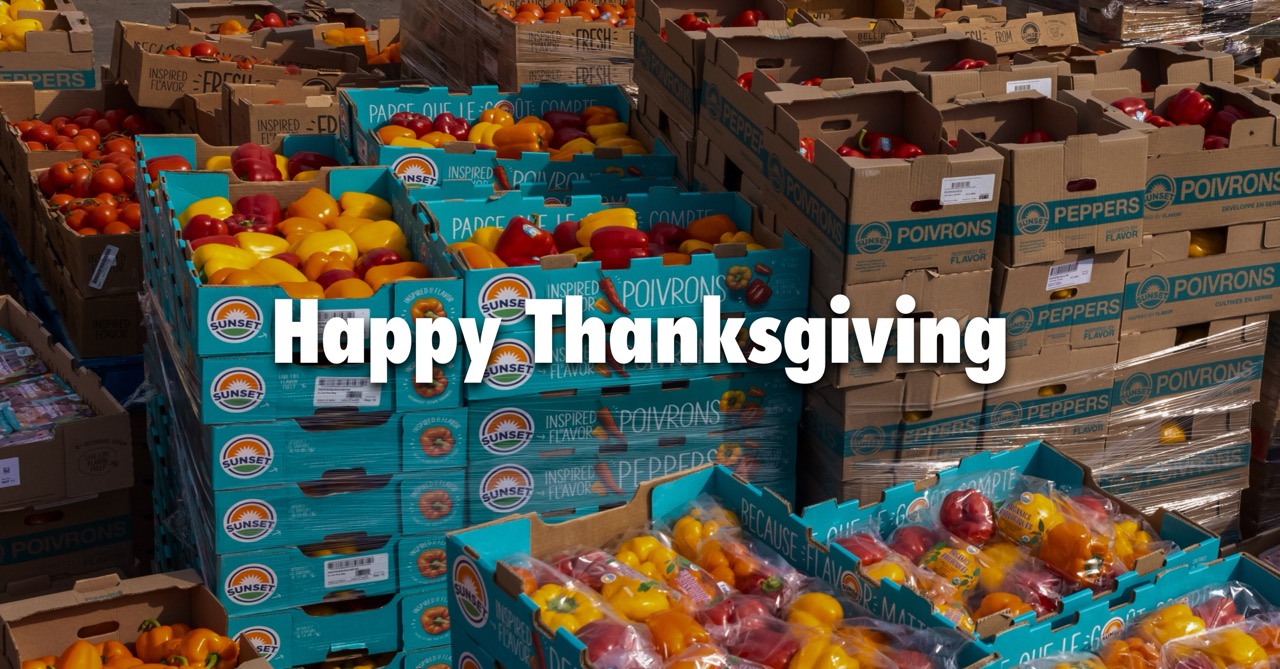
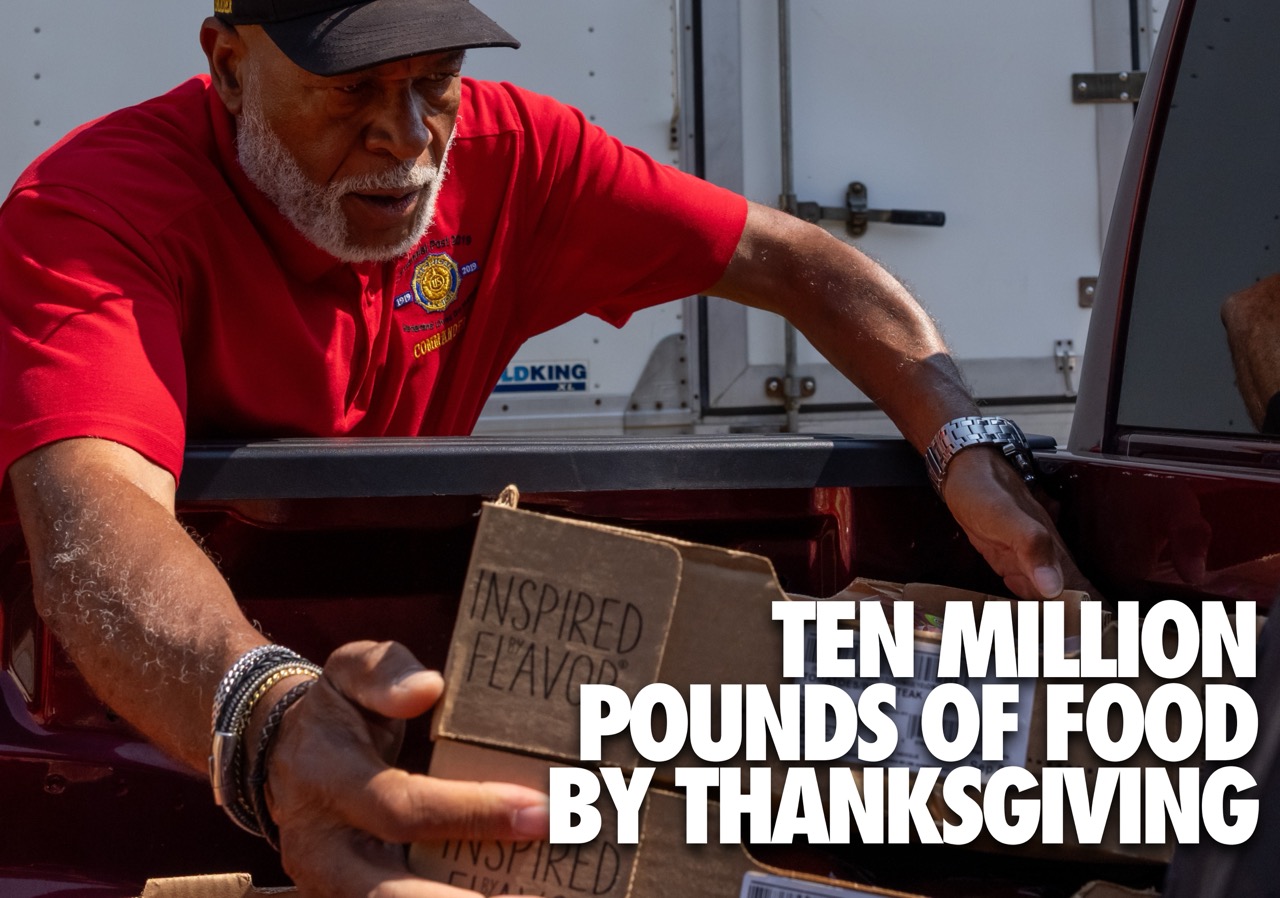
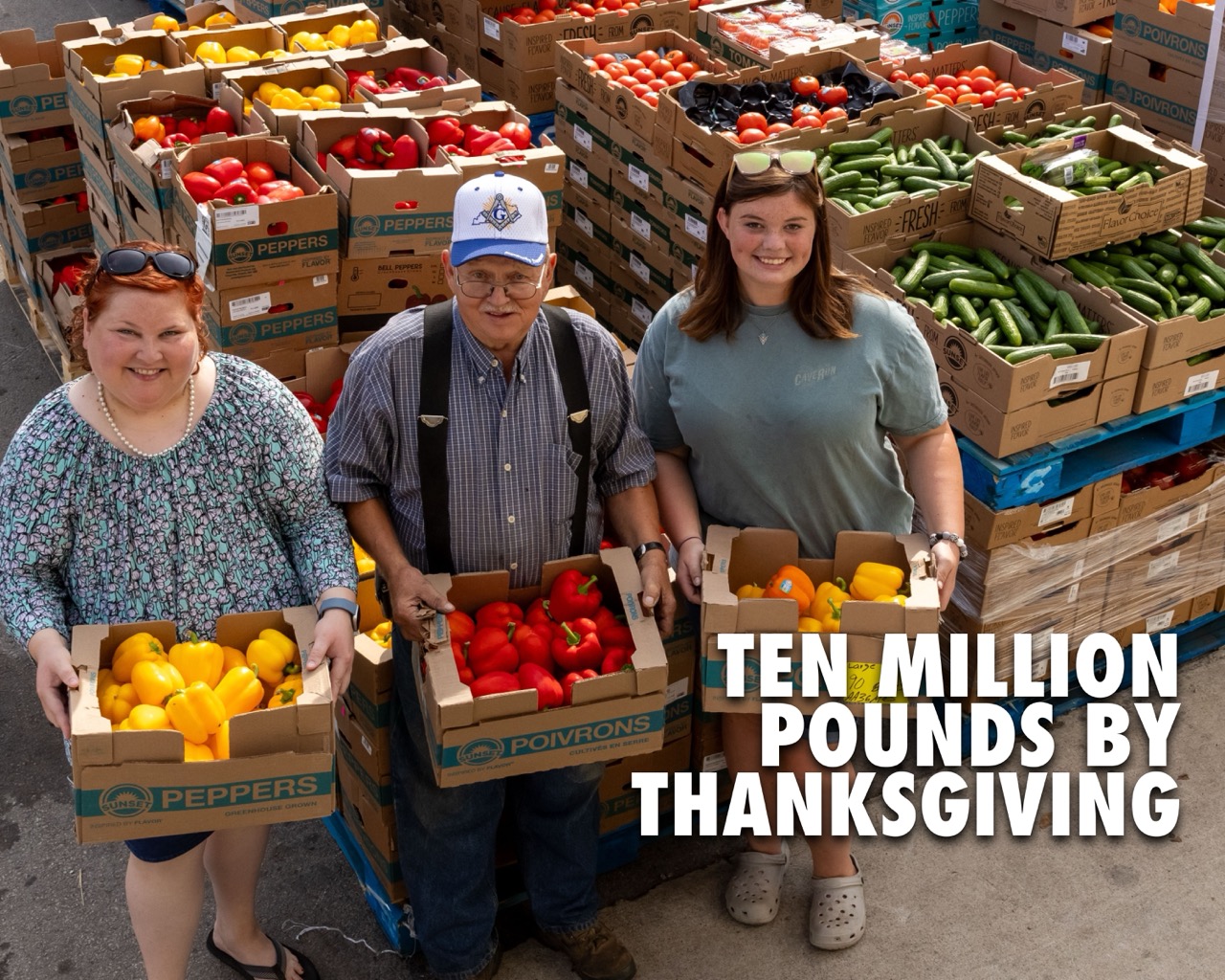
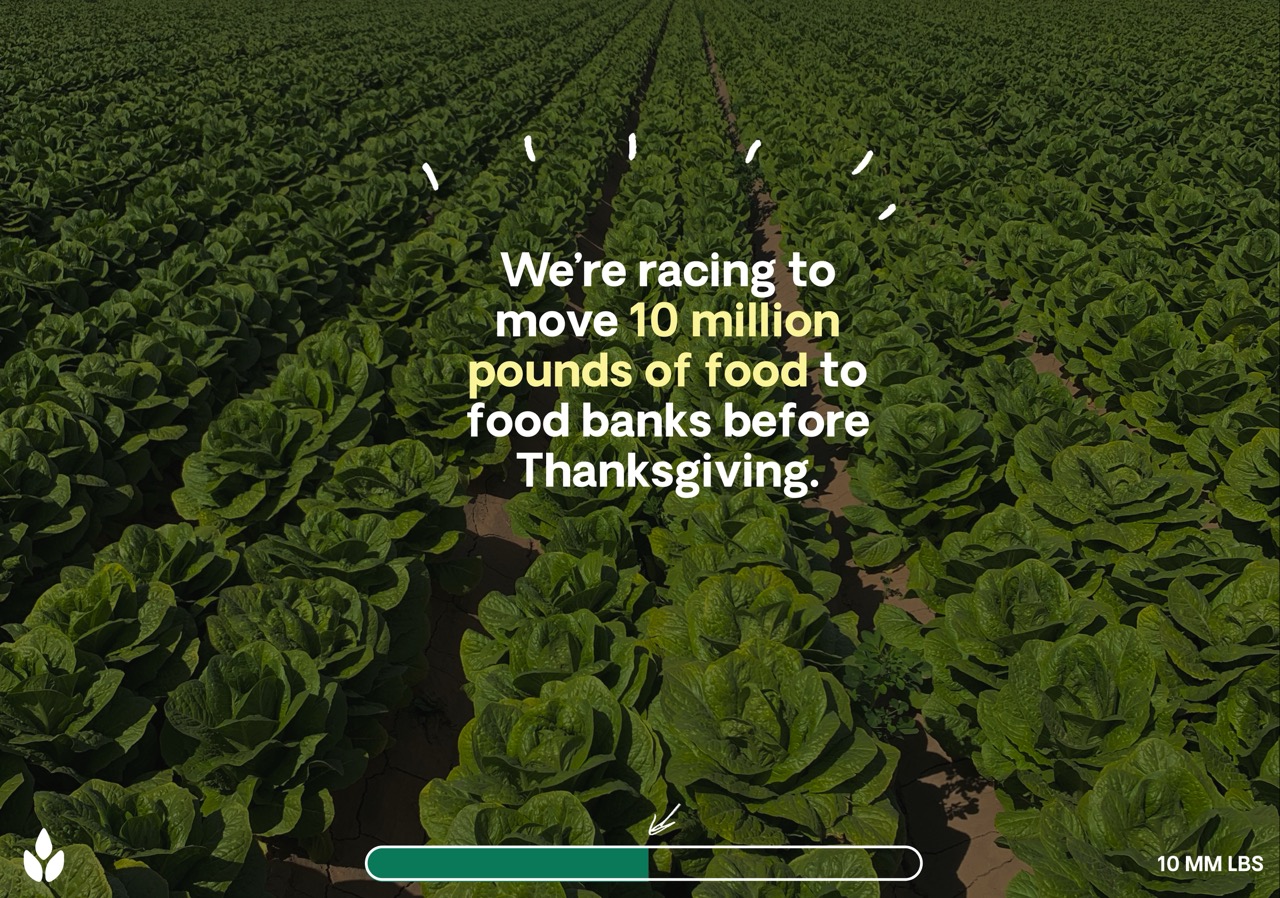
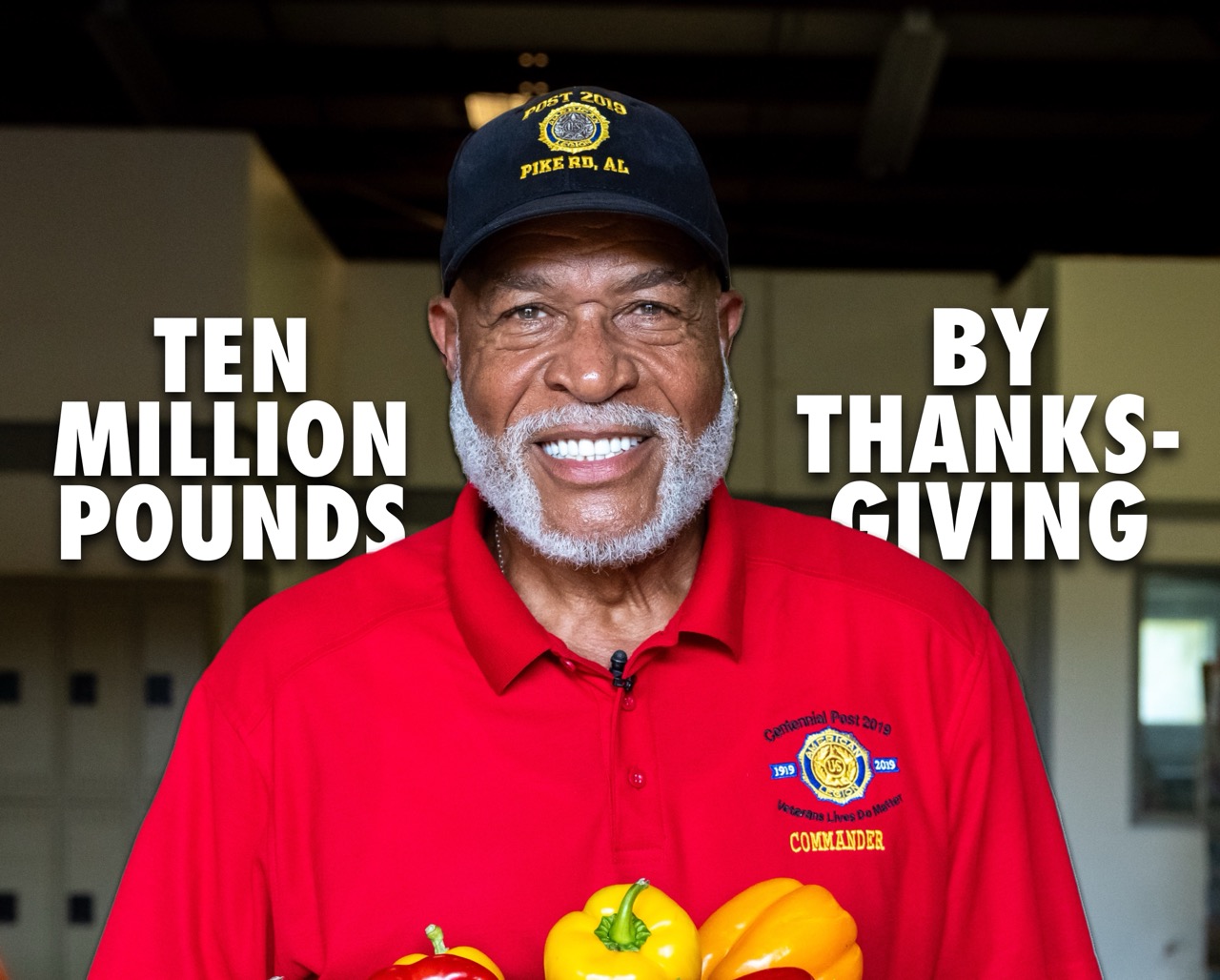
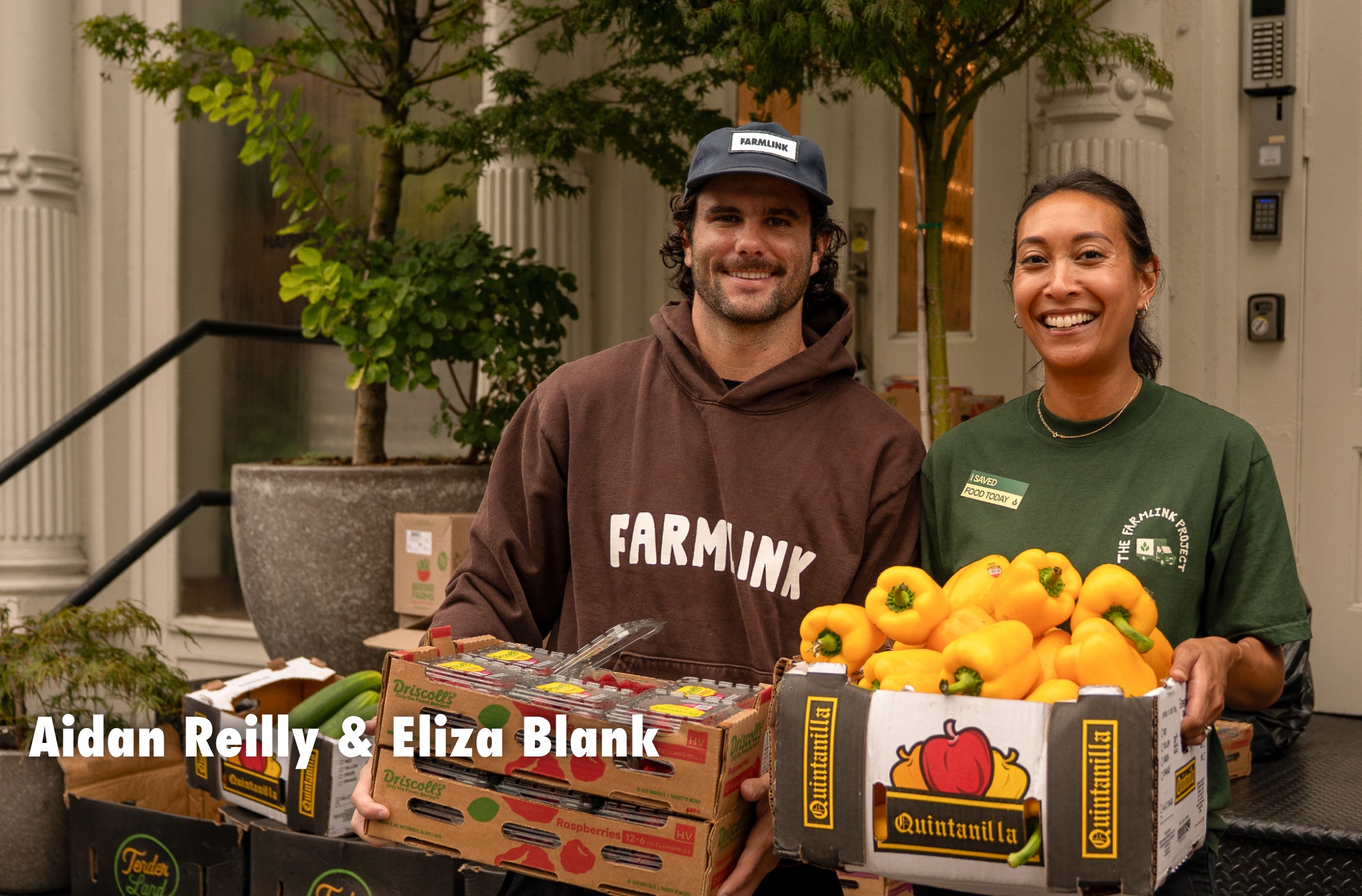
.svg)
.svg)
.svg)